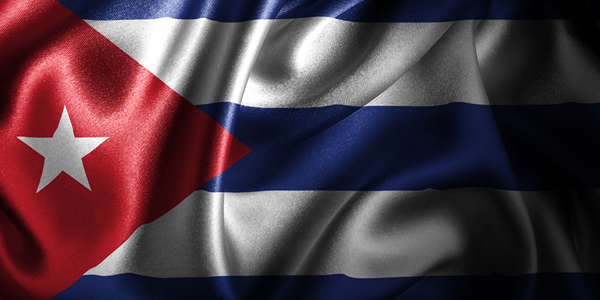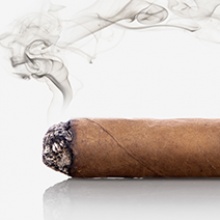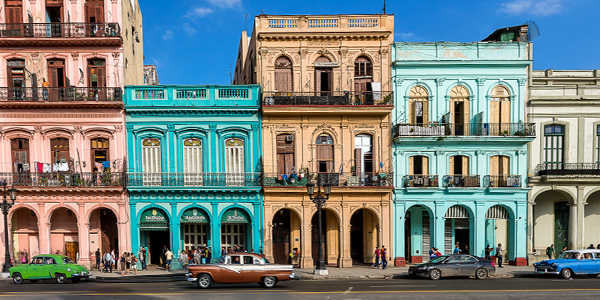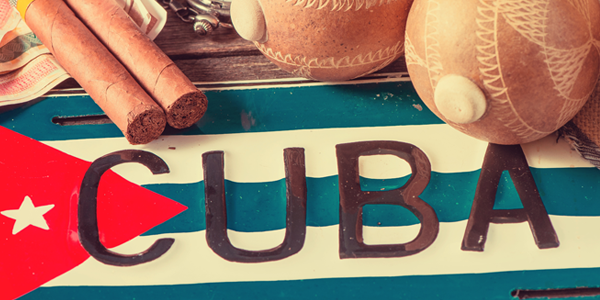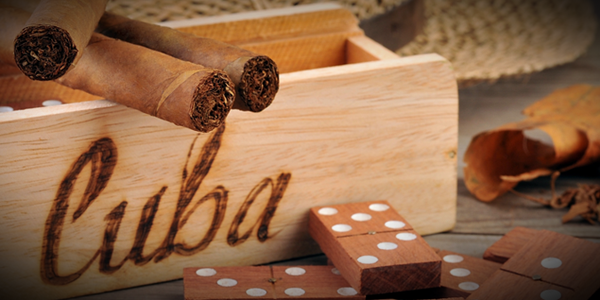Who Is Miguel Díaz-Canel, Cuba’s New President?
For political scientists and historians alike, Cuba’s changing socio-political landscape is significant … it marks the first time in decades that the country has not been solely controlled by the powerful Castro clan.
Cuba’s Changing of the Guard
In 2006, the legendary leader, Fidel Castro ceded power to his brother, Raúl, who now hands the baton off to the relatively unknown (albeit, handpicked) Miguel Díaz-Canel Bermúdez, as his successor. The transition bears watching for everyone with a vested interest in Cuba’s future. The nation’s status as a global trade partner and an ongoing bastion of Communist authority will likely be affected.
Humble Beginnings
Born in 1960, a year after the Cuban revolution that saw Fidel Castro seize control of the island nation, Díaz-Canel boasted a decidedly middle-class upbringing. His mother was a school teacher and his father was a mechanical plant worker. Through their hard work, Díaz-Canel enjoyed a university education.
Upon graduation, he served for a short time in the Cuban Revolutionary Armed Forces and began his career as an educator. Though he held a Secretary’s position in the Young Communist League in the late 1980s, it was not until the beginning of the new decade that his political career would begin to progress in earnest.
Climbing the Ladder
Díaz-Canel’s résumé is a textbook example of a man who has worked his way up the ladder of success. Beginning his affiliation with the Communist Party of Cuba in 1993, Díaz-Canel enjoyed a steady upward trajectory through the rank and file. From there, he worked his way into the upper echelon of Cuba’s political hierarchy.
He served three years as Minister of Higher Education (2009-2012), and one year as Vice President of the Council of Ministers (2012-2013), before manning the office of First Vice President from 2013-2018.
He was most recently sworn into the office of President of the Council of State and the Council of Ministers in April 2018. If all goes according to plan, he will fully succeed Castro as First Secretary of the Communist Party of Cuba in 2021, making the transition of power complete.
Díaz-Canel: President and Enigma
Throughout his political ascension, Díaz-Canel’s skill, intellect, and dedication were never questioned -- he has always been regarded as a committed disciple of the Castro regime, and staunch party loyalist. However, he comes across as something of an enigma, due to the fact that he is not a familiar face, to either his countrymen or the outside world, despite being Raúl Castro’s hand-picked successor. Such a lack of notoriety on the local and world stages leaves a huge question mark facing those who are trying to gauge the direction of Cuba’s future.
Díaz-Canel does not appear as a fiery revolutionary, cut from the Fidel Castro cloth, nor does he seem to be a puppet leader chosen to do Raúl Castro’s bidding.
Despite having critics, Díaz-Canel retains significant support from those who have known and worked with him. Culling from various opinions, the most accurate description of Cuba’s new president is as a man who falls between savvy political operative and flexible leader, whose blend of traditional Castro ideology and latter day progressivism make him a solid choice to lead Cuba into the 21st century.
As Díaz-Canel’s presidency is in its earliest stages, it is still too early to realistically predict how he will shape Cuban policies going forward. What little is known however, is that Díaz-Canel possesses -- on paper, at least – the political background to effectively lead Cuba. However, any changes or policies he affects in real time remains to be seen.

